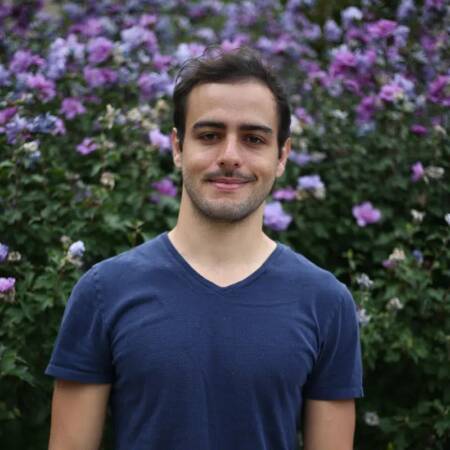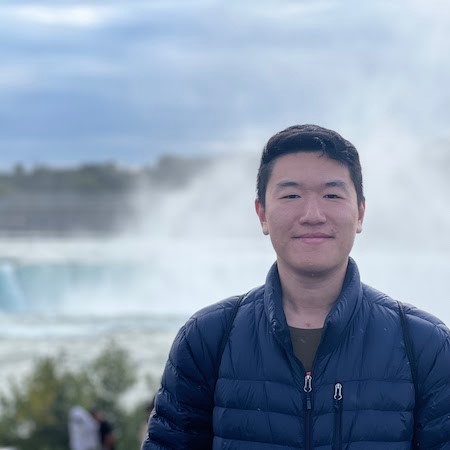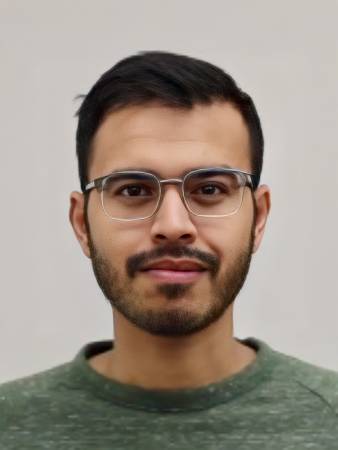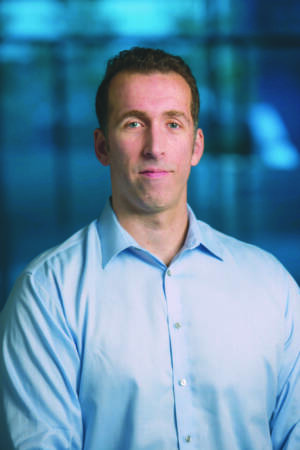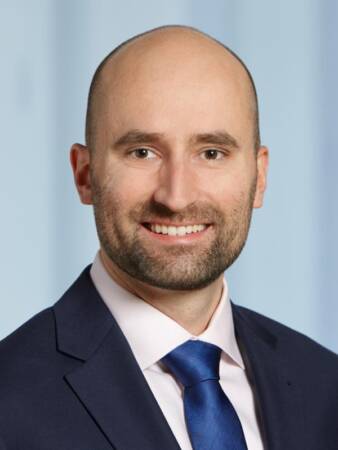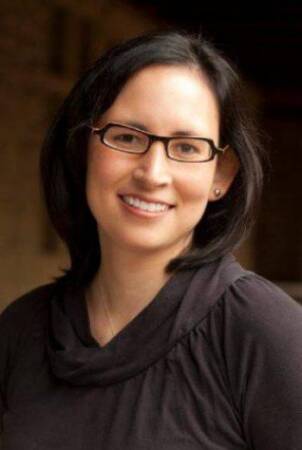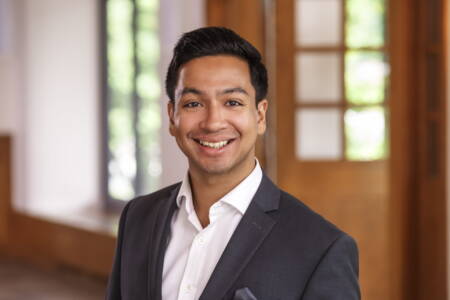Seminar
Unlocking Magic: Personalization of Diffusion Models for Novel Applications
Abstract: Since the recent advent of text-to-image diffusion models for high-quality realistic image generation, a plethora of creative applications have suddenly become within reach. I will present my work at Google where I have attempted to unlock magical applications by proposing simple techniques that act on these large text-to-image diffusion models. Particularly, a large class of [...]
Instant Visual 3D Worlds Through Split-Lohmann Displays
Abstract: Split-Lohmann displays provide a novel approach to creating instant visual 3D worlds that support realistic eye accommodation. Unlike commercially available VR headsets that show content at a fixed depth, the proposed display can optically place each pixel region to a different depth, instantly creating eye-tracking-free 3D worlds without using time-multiplexing. This enables real-time streaming [...]
Remote Rendering and 3D Streaming for Resource-Constrained XR Devices
Abstract: An overview of the motivation and challenges for remote rendering and real-time 3D video streaming on XR headsets. Bio: Edward is a third year PhD student in the ECE department interested in computer systems for VR/AR devices. Homepage: https://users.ece.cmu.edu/~elu2/ Sponsored in part by: Meta Reality Labs Pittsburgh
Vectorizing Raster Signals for Spatial Intelligence
Abstract: This seminar will focus on how vectorized representations can be generated from raster signals to enhance spatial intelligence. I will discuss the core methodology behind this transformation, with a focus on applications in AR/VR and robotics. The seminar will also briefly cover follow-up work that explores rigging and re-animating objects from casual single videos [...]
What Makes Learning to Control Easy or Hard?
Abstract: Designing autonomous systems that are simultaneously high-performing, adaptive, and provably safe remains an open problem. In this talk, we will argue that in order to meet this goal, new theoretical and algorithmic tools are needed that blend the stability, robustness, and safety guarantees of robust control with the flexibility, adaptability, and performance of machine [...]
Stochastic Graphics Primitives
Abstract: For decades computer graphics has successfully leveraged stochasticity to enable both expressive volumetric representations of participating media like clouds and efficient Monte Carlo rendering of large scale, complex scenes. In this talk, we’ll explore how these complementary forms of stochasticity (representational and algorithmic) may be applied more generally across computer graphics and vision. In [...]
Can Robots Based on Musculoskeletal Designs Better Interact With the World?
Abstract: Living robots represent a new frontier in engineering materials for robotic systems, incorporating biological living cells and synthetic materials into their design. These bio-hybrid robots are dynamic and intelligent, potentially harnessing living matter’s capabilities, such as growth, regeneration, morphing, biodegradation, and environmental adaptation. Such attributes position bio-hybrid devices as a transformative force in robotics [...]
Soft Wearable Haptic Devices for Ubiquitous Communication
Abstract: Haptic devices allow touch-based information transfer between humans and intelligent systems, enabling communication in a salient but private manner that frees other sensory channels. For such devices to become ubiquitous, their physical and computational aspects must be intuitive and unobtrusive. The amount of information that can be transmitted through touch is limited in large [...]
Reconstructing Everything
Abstract: The presentation will be about a long-running, perhaps quixotic effort to reconstruct all of the world's structures in 3D from Internet photos, why this is challenging, and why this effort might be useful in the era of generative AI. Bio: Noah Snavely is a Professor in the Computer Science Department at Cornell University [...]
Robots That Know When They Don’t Know
Abstract: Foundation models from machine learning have enabled rapid advances in perception, planning, and natural language understanding for robots. However, current systems lack any rigorous assurances when required to generalize to novel scenarios. For example, perception systems can fail to identify or localize unfamiliar objects, and large language model (LLM)-based planners can hallucinate outputs that [...]
